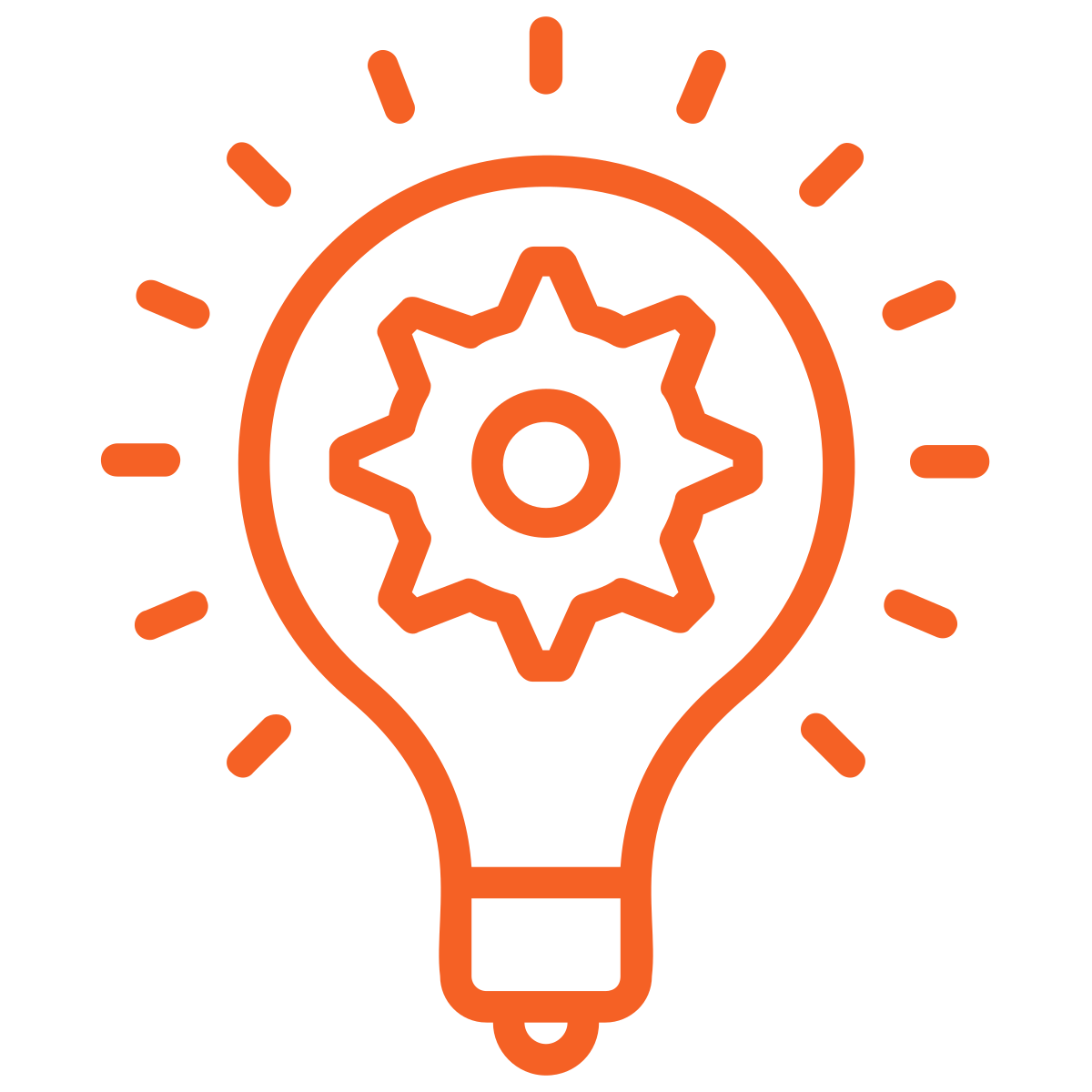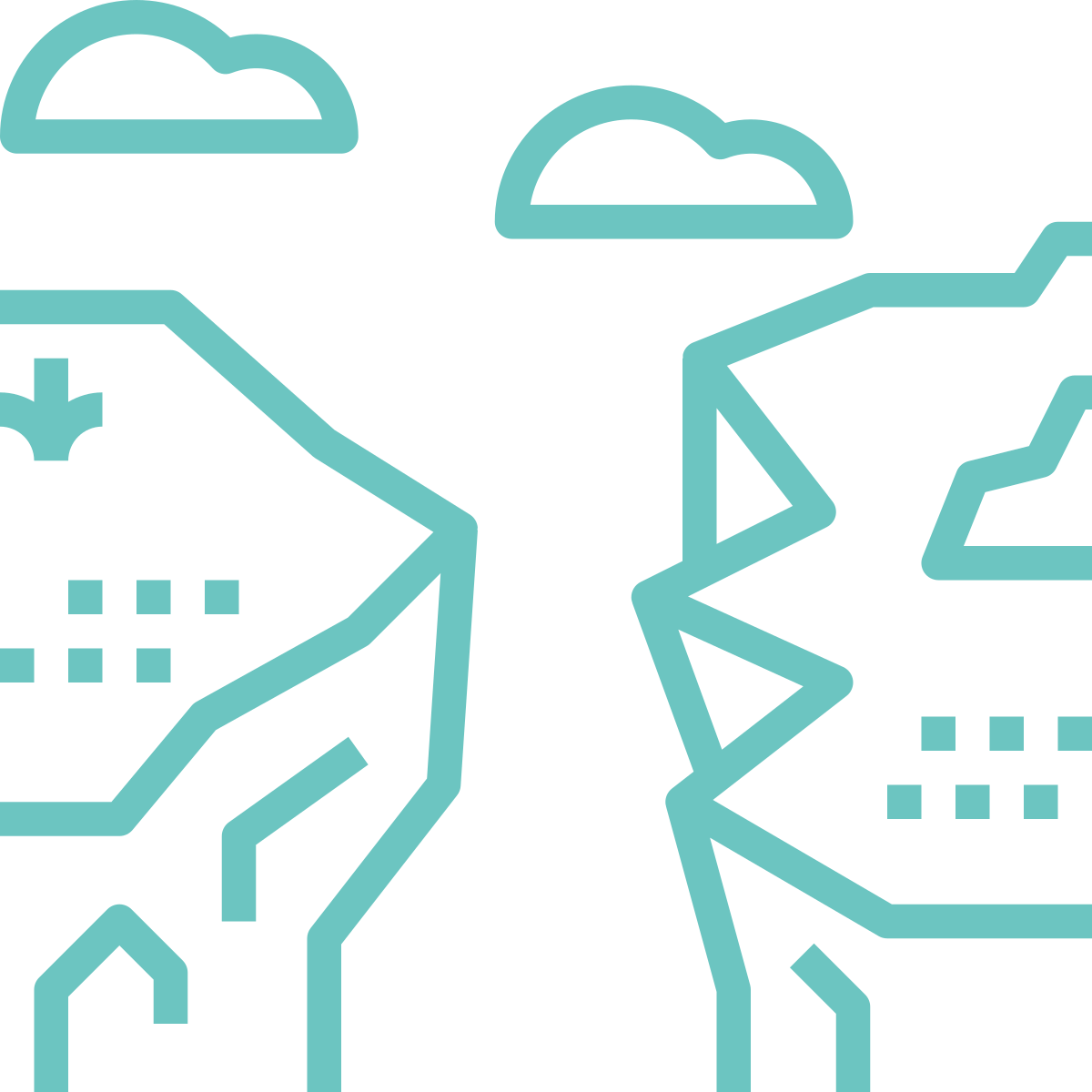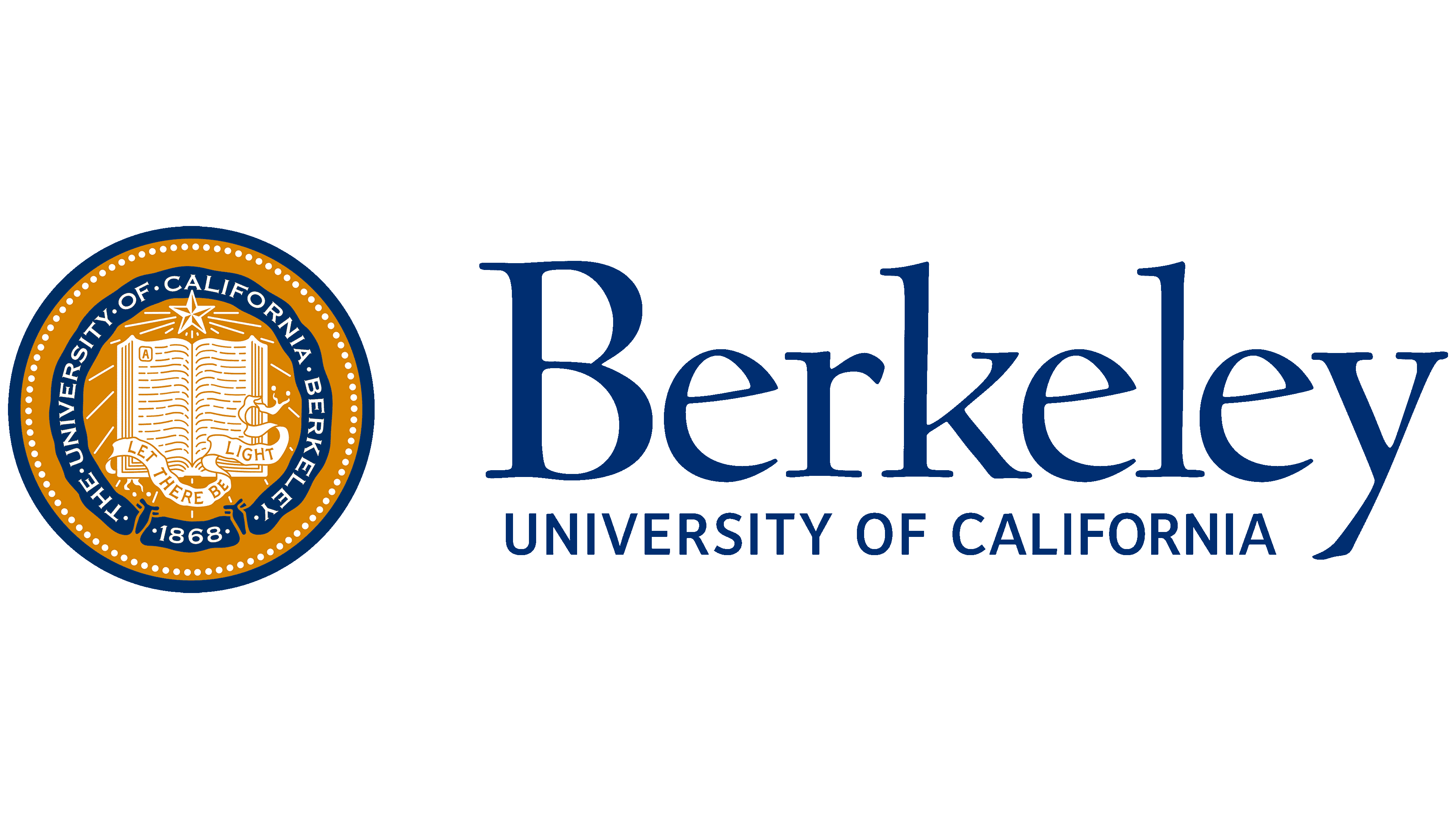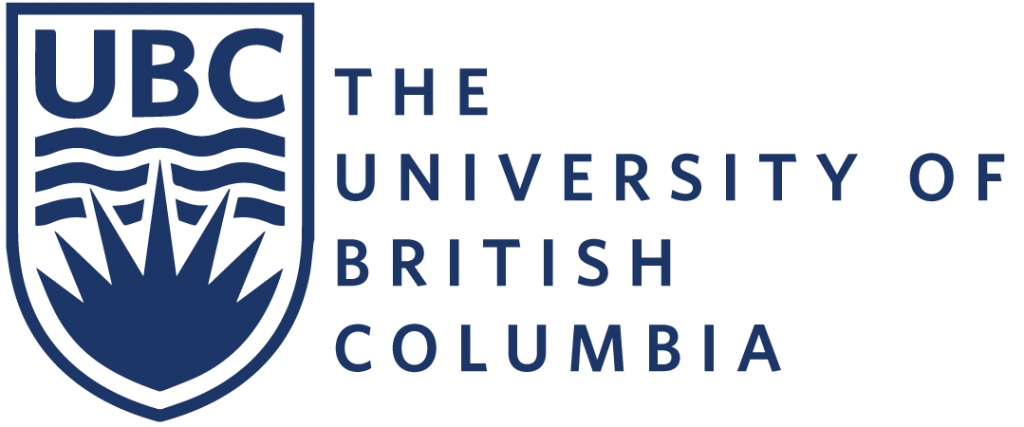Team,
Thank you for joining our Creativity Masterclass team experience.
The purpose of the time together was three-fold.
First, it’s always healthy to invest in new ways of thinking and working. This is how we up our game and keep ourselves doing our best work.
Second, we are all at a point in our careers where we are valued for the expertise we’ve developed. That means we are adept at a rigorous understanding of connections between things. But creativity is about identifying previously unseen connections. The complement to our expertise is an investment in our creative muscle.
And, third, it was impressive to see how rapidly we all adapted to a new format for brainstorming and solving problems. It speaks to our flexibility and agility.
I look forward to sharing more moments like these with each other – on these topics and others – as we go about trying to do our best work.
Sincerely,
Manager











